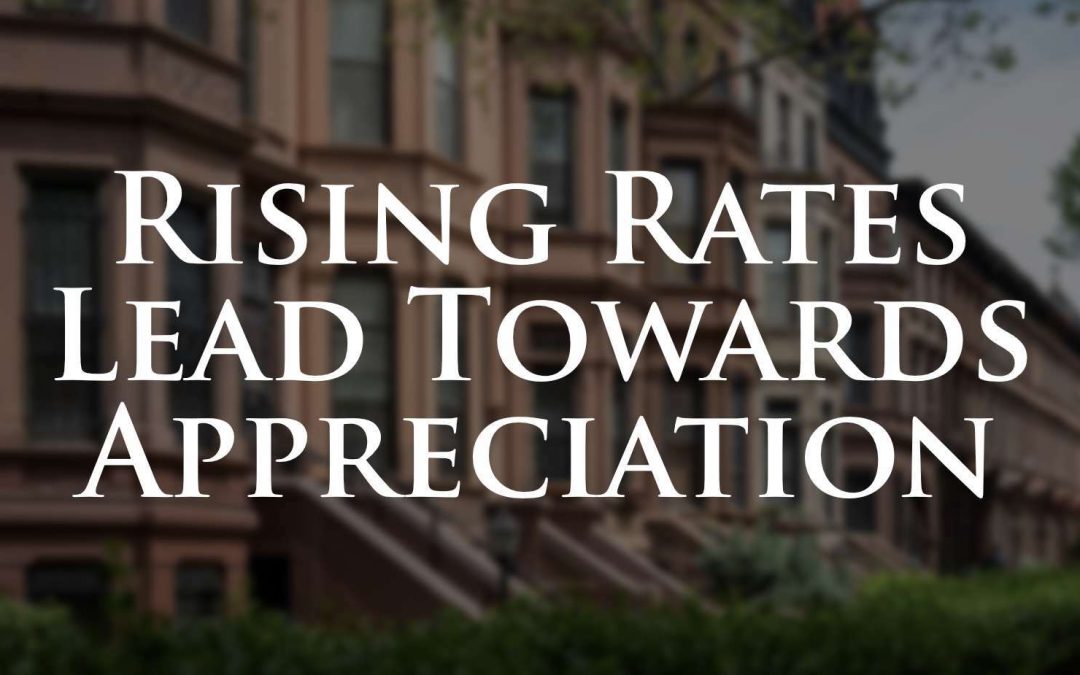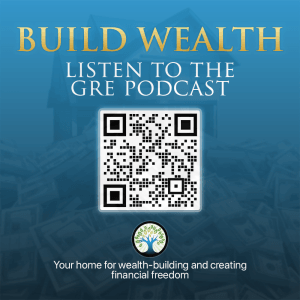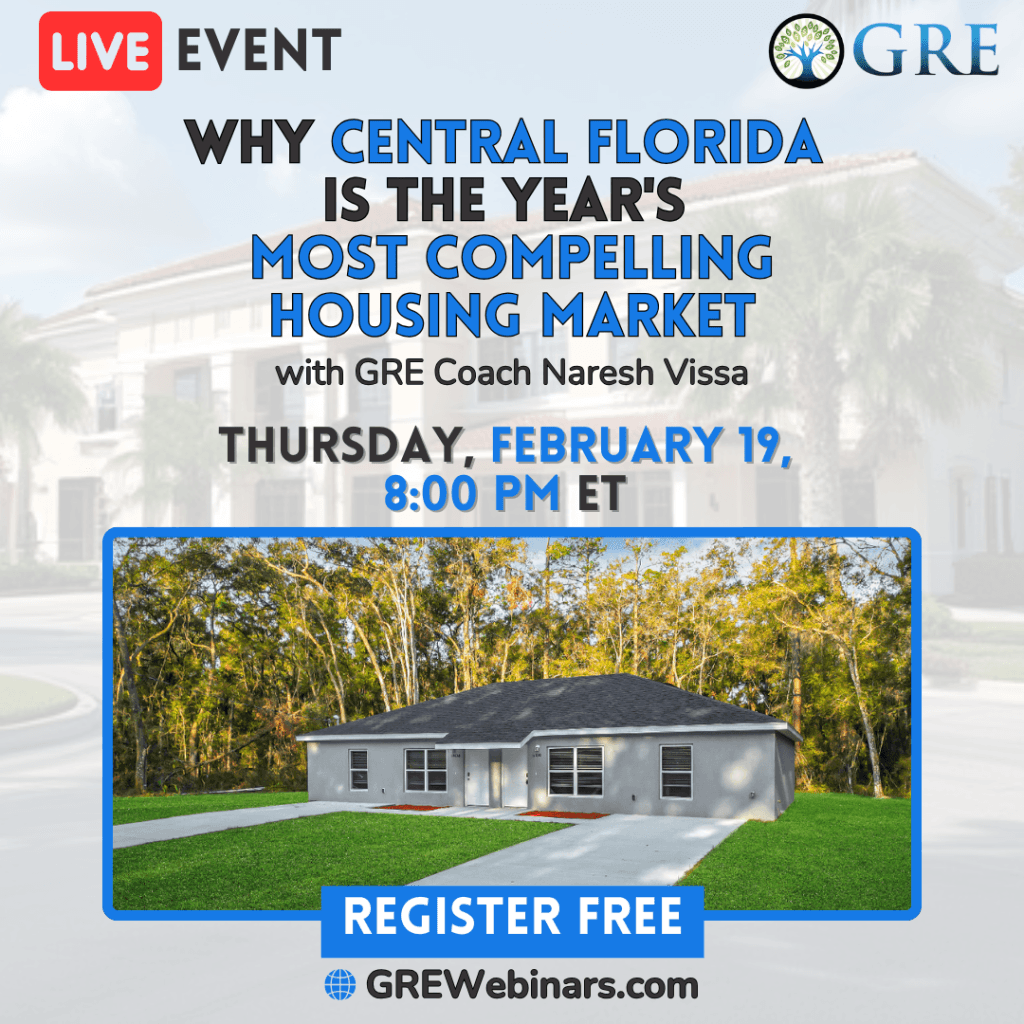When rates rise, then home prices must fall, right?
That would make sense because fewer buyers can afford the higher payment.
Surprisingly, it’s just the opposite.
When rates rise, home prices rise.
This is because rising interest rates are a sign that the economy and employment are strong.
It is the result of increased buyer salaries, confidence, and buying power.
Also, if you feel more confident in your job, then you’re more likely to want to settle down and buy a house.
In fact, the last six times that mortgage interest rates rose, home prices rose too: 1994, 1996, 1998-2000, 2005-2006, 2013 and 2017-2018.
It is happening for the seventh time right now in 2021.
The commonly held belief that prices fall when rates rise is a myth. Watch here or click below to learn why.
If you just want to skip ahead in the video to see the graph of how home prices rose in each of the last six rising rate environments, see that here.
As I explain in the video, rising rates correlate with lower housing supply too.
(This is why it’s remarkable that in 2020, supply fell amidst lower rates.)
To understand why, let me ask you: If you live in a home with a 3% mortgage interest rate and rates soon rise to 5%, how likely would you be to move?
Less likely.
This is because you would lose your low interest rate. Consequently, you would endure a higher monthly payment for an equivalent replacement home.
Therefore, homeowners are reluctant to list homes.
This constrains supply.
These and other factors conspire to make market forecasters revise predictions.
In fact, John Burns Real Estate Consulting changed their 2021 home price appreciation forecast from 8-9% up to 12% when mortgage rates rose.
Rent amounts will not keep up proportionally.
The properties you buy before prices rise will have higher rent-to-value ratios than in the future.
With this article and accompanying video, now you understand three key lessons from real estate economics:
- Higher mortgage rates correlate with higher housing prices.
- Higher mortgage rates correlate with lower housing supply.
- Economies and markets are complex. They don’t respond to just one variable.
Talking about real estate economics so much …
… means that my name will probably never be cool enough to get name-dropped in a rap song.
But I hope my multiple decades of being a direct investor in income property helps you learn a little something here and there.
You can’t make any money from the property that you don’t own. Just copy me and buy where I buy. Get pre-qualified for a mortgage loan and find property through GREturnkey.com
Thought getting your money to work for you creates wealth? It doesn’t! That’s a myth. My one-hour investing video course is now 100% free: Real Estate Pays 5 Ways. For a limited time, you can learn how wealth is really created, here.




